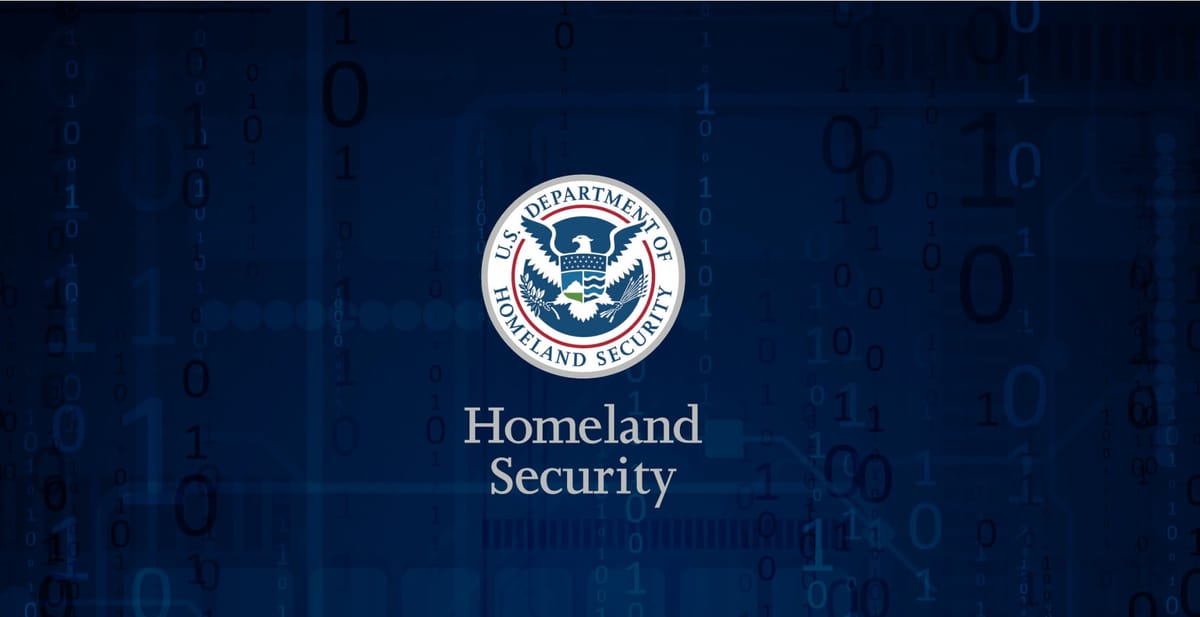
The Department of Homeland Security (DHS) is embracing AI with a comprehensive plan to integrate the technology into various applications. The organization has announced the launch of three $5 million AI pilot programs across key agencies, marking the first comprehensive plan by a federal agency to integrate AI technology into a wide range of applications.
In partnership with leading AI companies OpenAI, Anthropic, and Meta, DHS will test AI models to assist agents in combating child exploitation, training immigration officials, and developing disaster relief plans. The pilot programs, part of DHS's first "Artificial Intelligence Roadmap," aim to harness the potential of AI to enhance homeland security while ensuring the protection of privacy, civil rights, and civil liberties.
"The unprecedented speed and potential of AI's development and adoption presents both enormous opportunities to advance our mission and risks we must mitigate," said Secretary of Homeland Security Alejandro N. Mayorkas. "The DHS AI roadmap and pilots will guide our efforts this year to strengthen our national security, improve our operations, and provide more efficient services to the American people, while upholding our commitment to protect civil rights, civil liberties, and privacy."
The three pilot programs will focus on distinct areas:
- Homeland Security Investigations (HSI) will test AI to enhance investigative processes in detecting fentanyl and combating child sexual exploitation.
- The Federal Emergency Management Agency (FEMA) will deploy AI to assist communities in developing hazard mitigation plans and building resilience.
- United States Citizenship and Immigration Services (USCIS) will leverage AI to improve immigration officer training.
Each pilot team will collaborate with privacy, cybersecurity, and civil rights experts throughout the development and evaluation process to ensure responsible AI use. The pilots' outcomes will inform Department-wide policies on AI governance.
DHS's AI initiatives extend beyond the pilot programs. In February, Secretary Mayorkas announced the Department's first-ever hiring sprint to recruit 50 AI technology experts. These experts will help build teams to responsibly leverage AI across strategic areas such as countering fentanyl, combating child exploitation, delivering immigration services, securing travel, fortifying critical infrastructure, and enhancing cybersecurity.
The Department's AI efforts align with President Biden's Executive Order on "Safe, Secure, and Trustworthy Development and Use of Artificial Intelligence," signed in October 2023. The order directed DHS to promote AI safety standards globally, protect U.S. networks and critical infrastructure, reduce risks of AI-created weapons of mass destruction, combat AI-related intellectual property theft, and attract skilled talent.
As DHS embarks on this transformative journey, it recognizes the need for strong partnerships. "We cannot do this alone," said Eric Hysen, DHS's Chief Information Officer and Chief AI Officer. "We need to work with the private sector on helping define what is responsible use of generative AI."
The adoption of AI in homeland security marks a significant milestone, offering immense potential to enhance the Department's capabilities. However, it also underscores the importance of responsible AI development and deployment.

